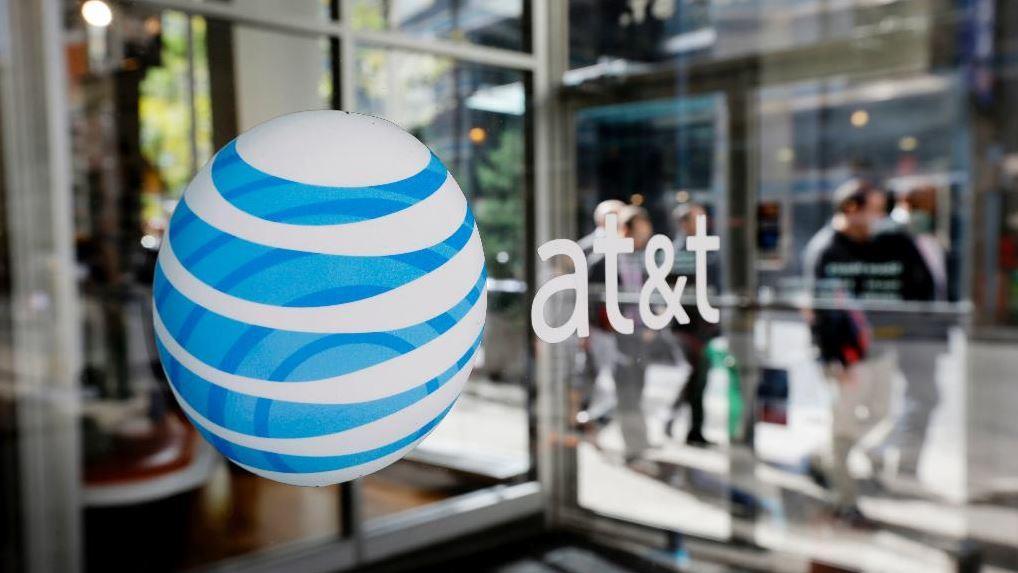AT&T gets targeted by activist investors - but experts say it may not be such a bad thing
AT&T stock has responded well with nearly a 1.5% jump Monday after it was announced that an activist investor took -- hedge fund Elliot Management -- bought a $3.2 billion stake in the telephone/media giant.
But is AT&T being bullied by the demands of the hedge fund or is this good news for investors and consumers?
President Trump was quick to share his approval of the move.
“Great news that an activist investor is now involved with AT&T,” tweeted the POTUS who went on to share his thoughts on CNN, “As the owner of VERY LOW RATINGS @CNN, perhaps they will now put a stop to all of the Fake News emanating from its non-credible “anchors.” Also, I hear that, because of its bad ratings, it is losing a fortune."
President Trump has been a frequent critic of CNN, which AT&T owns after last year's $100 billion deal to buy Time Warner.
An activist shareholder, such as Elliot is now with AT&T, is an owner of enough shares of a company who uses their equity in the company to leverage pressure on the management to follow the direction of the shareholder taking an active role as an investor. Elliot in a letter to AT&T Chairman Randall Stephenson wants to "achieve $60+ per share of value by the end of 2021." The stock closed at $37.69 Monday.
But where do the experts fall on this pressure?
“This is a great American brand, and great American brands can go off the rails and come back on the rails and Elliot has a good track record,” Michael Antonelli, Market Strategist with Baird PWM, shared with Fox’s Charles Payne on "Making Money with Charles Payne" today on FOX Business.
“Activist investing is still happening, Elliot is still taking an active stake and that is good for the market in general, I think that is a good thing.”
“I like AT&T, a lot of the stuff that Elliot had mentioned AT&T management has already talked about and said, ‘yeah, we recognize this and we made a few mistakes and we are trying to change,’ so it doesn’t seem like they are two adversarial on their viewpoints. They are going to work together," added Erin Gibbs of Gibbs Wealth Management who also appeared with Payne.
Oft times when an activist set sights on a company, senior management takes a defensive stance. But two experts -- and former activists themselves -- say that is the wrong approach.
"Because of the empirical evidence, and also as a result of our experiences and observations, we believe that instead of viewing shareholder activists as meddlesome outsiders, managers should view them as a source of potential value — albeit one with both great potential risk and cost," shares Frank Partnoy and Steven Davidoff Solomon, former shareholder activists in their article breaking down the misconceptions of the money moves for Harvard Business Review, "What CEOs Get Wrong About Activist Investors."
"Ultimately, the best approach is for executives to view activism first and foremost as an opportunity rather than a threat... But we want to emphasize that not all activism is negative. And not all activism is aimed at the CEO personally," their article explains.
CLICK HERE TO READ MORE ON FOX BUSINESS
"Engaging with an activist requires diplomacy and wisdom. It also requires caution. Sometimes battle cannot be avoided. But our point is that there is positive potential as well, and managers should recognize that, instead of simply framing activists as the enemy," Partnoy and Solomon conclude.




















